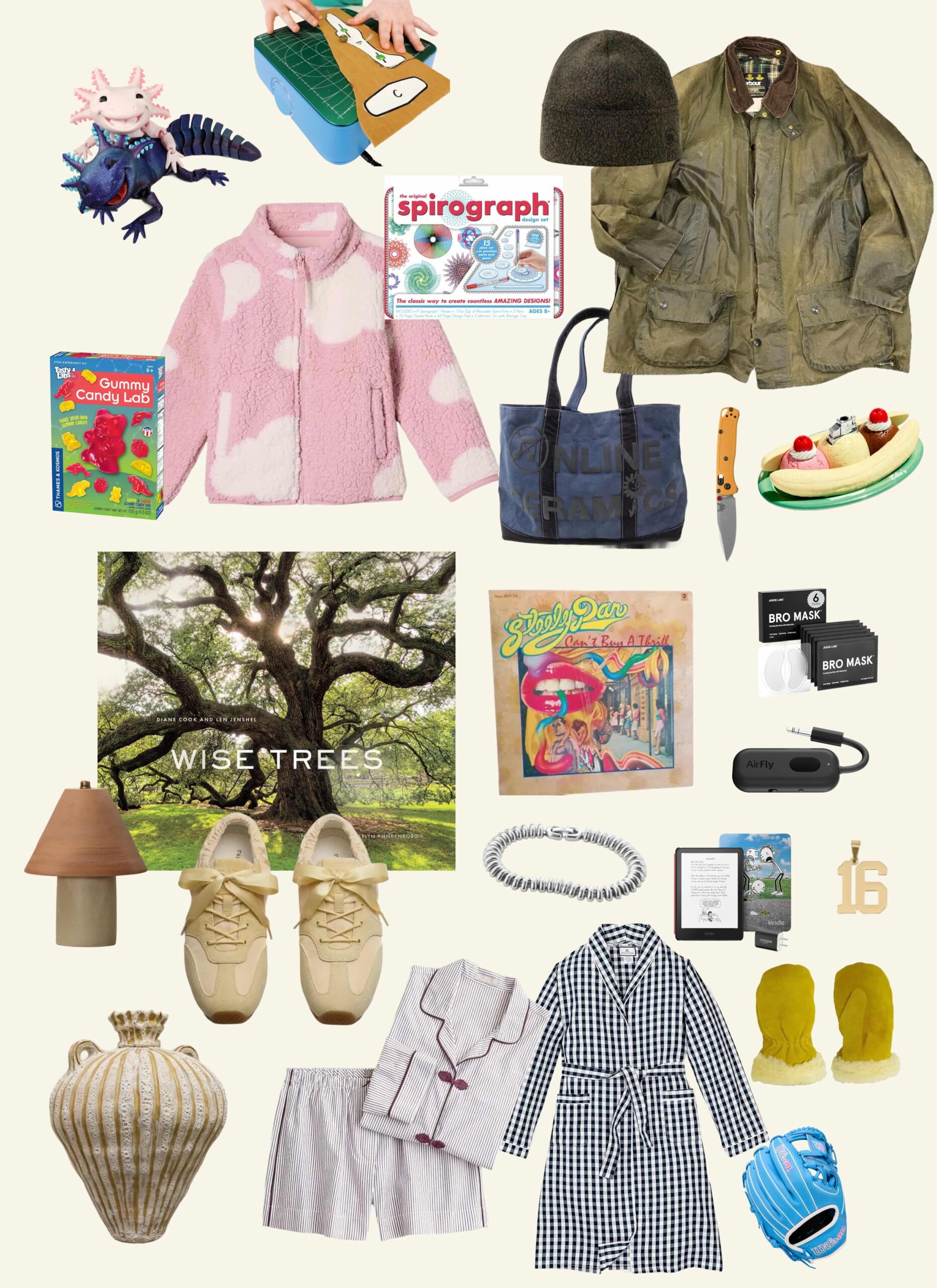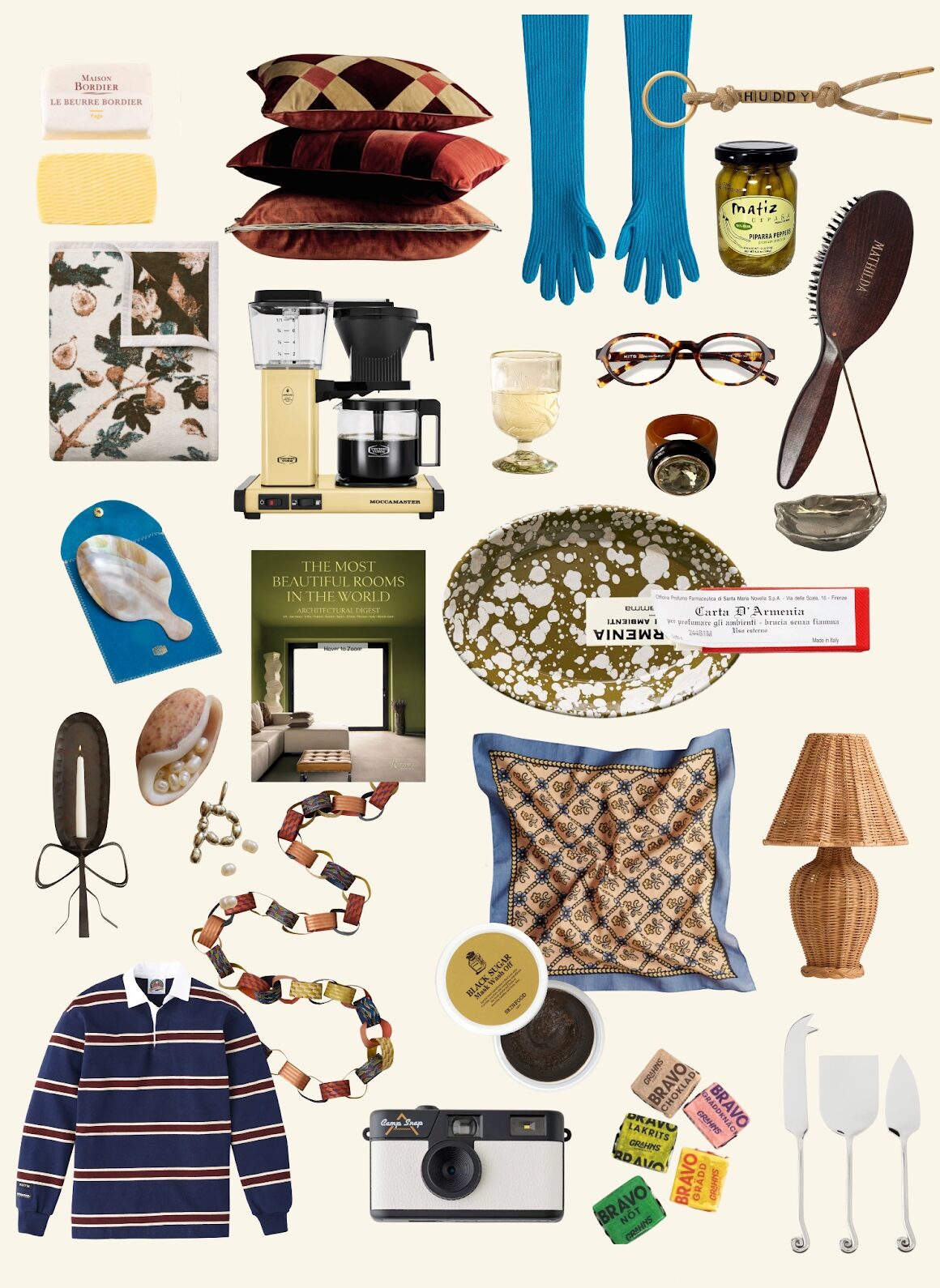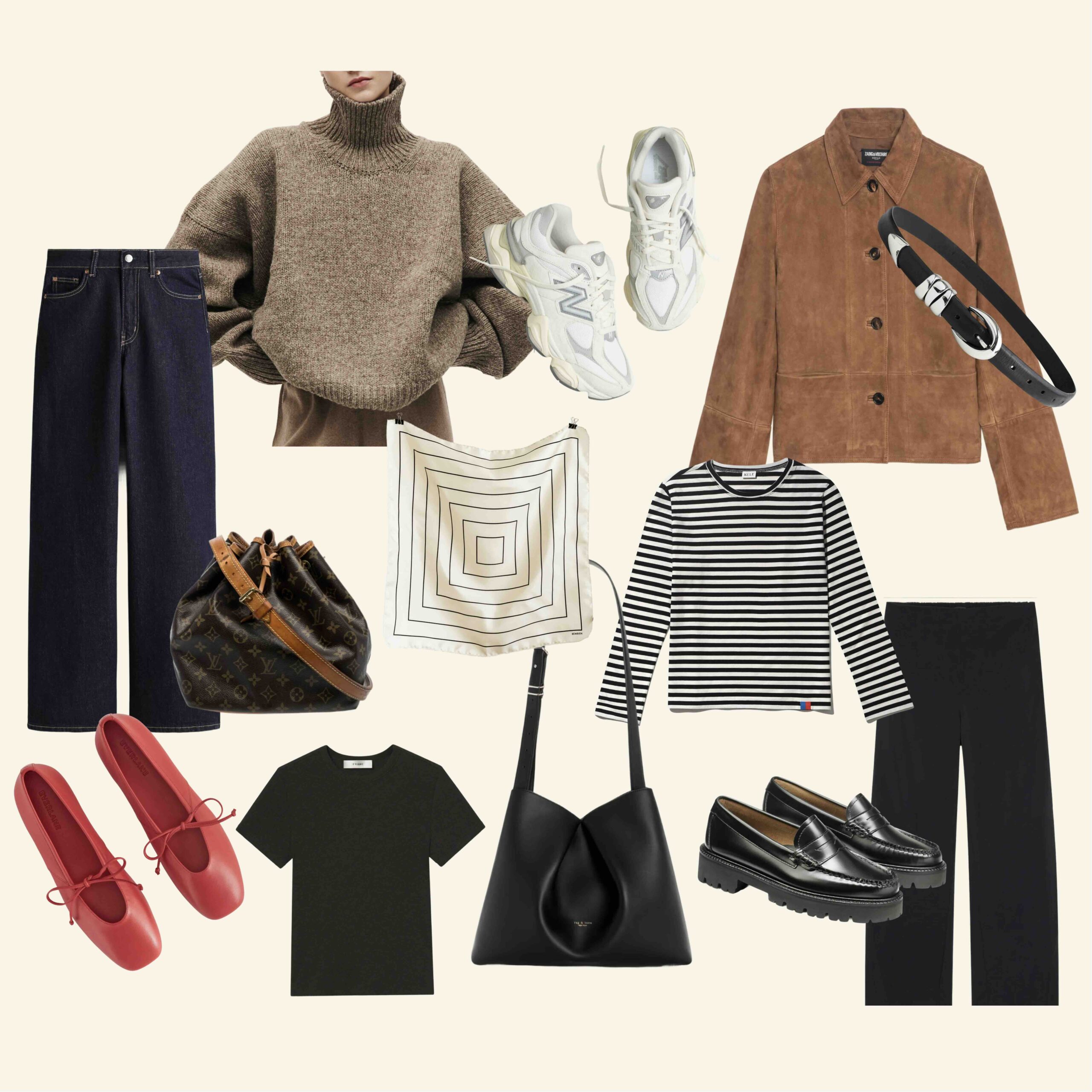

While absently scrolling through Instagram one day, I came across a post about friendship from the wonderful writer, Yung Pueblo, which spoke to me.
While the post itself was rather simple, “3 signs of a good friend,” I remember taking a screenshot of it (as I often do to later remind myself of something) and I’ve come back to it several times since:
“You do not have to perform for them.
They hold space for you during struggles.
They are truly happy for your success.”
If I think about all the current close friendships I have in my life at the age of thirty-six, I can honestly say these three markers are all present. This isn’t to suggest, however, that I’ve always been lucky in the friend department. Rather, as I’ve gotten older, I’ve grown more discerning about whom I choose to associate and surround myself with. And sometimes that means parting ways with friends who don’t necessarily leave you with that warm, fuzzy feeling—even if you have a shared history together.
While Yung Pueblo aptly named three telltale signs of a good friend, I’d like to build upon that list and share what other markers indicate a healthy friendship, based on my own experiences.
They don’t live in the past.
When I was in my early twenties, I was fortunate enough to live and work in New York City. One of my closest friends during that time was a friend I had studied abroad with in London the year prior who also happened to move to New York that same summer I did. For the two years that I lived there, we were inseparable. She was my bar buddy, my brunch companion, my shopping partner, my wingwoman.
We truly had so much fun together that I felt like I had made a friend for life. It was only after I left New York and subsequently moved to Europe that I noticed how much harder it became to stay in touch, mostly given the time difference. This was certainly no fault of anyone in particular, it was just how things were.
We somehow managed to occasionally communicate and would arrange to see each other when I would visit New York, where she continued to live. I even introduced her to one of my friends from high school, who ended up moving to New York, too, and they became fast friends, which delighted me.
I began to notice, however, that with every visit I made to New York, she’d only want to talk about the “good ol’ days” and recall all the funny memories we shared, which were plenty.
“Do you remember that time when…?” was one of her favorite ways to bring up our colorful past. While I love reminiscing with old friends, I became acutely aware that we weren’t (and hadn’t been) discussing anything about our present-day lives.
I realized there was never any talk about what life was like for me in Europe, what my current boyfriend was like, or how it was to live in a country where English wasn’t the first language. Instead, she waxed nostalgic about our favorite little bar in the Meatpacking District, where we knew the cute bartenders and got way too many free drinks. (Thanks, Jason!)
A solid friendship is one that can (and should) withstand the ebbs and flows of time, regardless of whether or not you’ve seen each other in person. A genuine friend, I’ve found, should celebrate and recognize your personal growth, not avoid it altogether.
I remember suddenly feeling sad at that moment, realizing I was sitting across from someone who once knew so much about me and yet didn’t seem at all interested in the woman I’d become. I tried to interject and make light of it all, saying, “Oh, but that was so long ago! What’s life like now for you?” but she didn’t pick up on my innuendos. It seemed as though she preferred to live in the past as friends, not in the present.
She must have felt the shift, too, because after that said visit in 2015, we never saw each other again, even when I briefly moved back to New York in 2016. We didn’t have a huge falling out and we certainly didn’t badmouth each other, even though to this day she’s still very close with that said friend from high school. We simply drifted and neither one of us fought the incoming tide.
So what’s the takeaway from this little anecdote? It’s that a solid friendship is one that can (and should) withstand the ebbs and flows of time, regardless of whether or not you’ve seen each other in person. A genuine friend, I’ve found, should celebrate and recognize your personal growth, not avoid it altogether.
They give you tough love.
As far as I’m concerned, no one actually likes to be criticized. This is especially the case when it comes to your closest friends. However, I am a firm believer that what separates a superficial friend from a real friend is if they can give you a healthy dose of “tough love.”
This means they can tell you what’s exactly on their mind, without driving you to tears. This doesn’t mean, however, that your friend should berate you or make you feel small, especially if it’s regarding a topic you are particularly sensitive about (ahem, that guy who you know is really not that into you but you can’t seem to accept it).
Rather, it’s about accountability and holding up that unforgiving mirror, which can admittedly be painful to look at. While tough love can often be misconstrued with attacking someone, I’ve found that it all boils down to what you say and how you say it. If I’m giving tough love to a friend, I will often weave in personal stories of mine to let her know that I, too, can relate to what she’s going through. In other words, it can help to lessen the blow with what I’m about to say next (ahem, the bitter truth).
I like to think of tough love as a balance between self-disclosure and gentle reprimands. This ends up translating as you, or your friend, being able to point out some of the not-so-great things you might be doing yet in a loving, I’m-here-for-you type of way.
They actively listen.
Do not listen with the intent to reply; listen with the intent to understand.
Raise your hand if you’ve ever tried to have a conversation with someone, only to realize that person turned the topic back to themselves? While it can be frustrating in a workplace environment or even a casual setting, imagine this scenario with a supposed “real” friend. Been there, done that.
In my experience, conversations with real friends aren’t one-sided. They’re about being an active listener, creating an open, two-way dialogue where both of you feel heard and listened to. Did you notice how I used the word “active”? An active listener is exactly that, someone who actively pays attention to the other person who is speaking and thereby validates them and their feelings.
In my experience, conversations with real friends aren’t one-sided. They’re about being an active listener, creating an open, two-way dialogue where both of you feel heard and listened to.
This doesn’t necessarily mean listening to a friend talking for hours on end about a topic they’re incensed about but rather being able to listen to what they say and come back to them with a thoughtful response. Sometimes, though, a response isn’t even needed. As Yung Pueblo suggests, sometimes it’s just about holding space for your friends when they need it most.
Healthy friendships = longer life.
When researching the benefits of friendship, I was pleasantly surprised to come across an article from The New York Times about how friendships may actually help us live longer.
If this isn’t a reason to surround ourselves with people who lift us up rather than drag us down, I don’t know what is. All I know is that I wouldn’t be where I am today without the enduring support, loyalty, and love (yes, even tough love!) of my friends.


As a born-and-bred American who now resides in Germany, Erin is a freelance writer with over 10 years of copywriting experience from her time in Stockholm, Sweden, and New York City. A self-professed storyteller with a serious case of wanderlust, she has a penchant for all things fashion, film, food, and travel.
BY Erin Huebscher - March 11, 2021
Most-read posts:
Did you know W&D now has a resource library of Printable Art, Templates, Freebies, and more?
take me there
Get Our Best W&D Resources
for designing a life well-lived




Thank you for being here. For being open to enjoying life’s simple pleasures and looking inward to understand yourself, your neighbors, and your fellow humans! I’m looking forward to chatting with you.
Hi, I'm Kate. Welcome to my happy place.


















Thanks for sharing! I like reading this healthy relationship!
Thank you, Mabel! So glad it resonated with you.
Thank you, Erin! this article resonates with me so much! I feel how important it is to have a good friendship in our lives. Recently I have read ‘The Crucible’ play by Arthur Miller and it is about history, relationships, and prejudice. (You can check https://gradesfixer.com/free-essay-examples/john-proctor-and-abigail-williams-affair-causes-and-effects/ to find some thoughts on this play) And I have thought about how important it is to have a friend, support, and understanding. Thank you for sharing this post! I wish everybody to have a true friend!
I think these are great insights, though I do want to gently push back on one thing you mention in the active listening section, about people turning the conversation back to themselves. I think it’s important to distinguish between people who genuinely don’t care about engaging in conversation about anyone else, and people who simply lean on anecdotal communication. The latter is common among those of us with executive function disorders like ADHD and ASD—we relate through storytelling, and so by sharing a similar experience we aren’t saying “I’m bored hearing about you, let’s talk about me now” but rather… Read more »
Hi, Kathleen! Thank you so much for pointing this out. I absolutely agree in that it’s important to distinguish between the two and I think a lot of that can be ascertained just by knowing who that friend inherently is as a person. Similar to the instance I gave about “tough love,” I find that speaking from my own experience is a wonderful way to relate so I think the same can (and should) be said for active listening.
good article